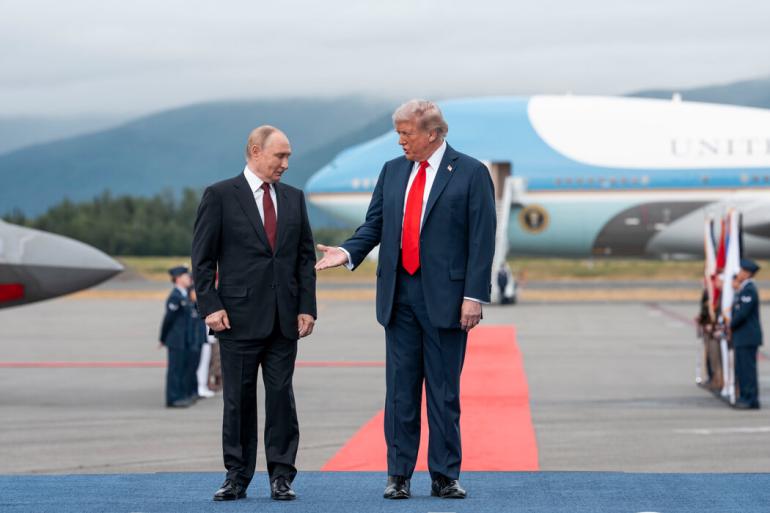
The Trump administration's immigration policies, particularly visa reviews and travel bans on international students, are having a profound impact on the US higher education system and international students. This autumn, many students from Iran, Afghanistan, and other restricted countries will not be able to enter American universities as planned, and many students are facing visa delays or refusals. The Trump administration has seriously disrupted international students' enrollment plans by increasing scrutiny of student visas and even suspending visa applications.
On the one hand, the travel ban introduced by the Trump administration directly restricts the entry of students from some countries into the United States, especially those from Iran, Afghanistan, Cuba, and other countries classified as "high-risk". On the other hand, the US State Department has strengthened its review of student visas, requiring stricter scrutiny of students' social media to identify potential security risks. This move has caused many students to delay their visa application process and may even miss their fall enrollment.
These policies not only affect students from traditional international student exporting countries such as China and India, but also affect students from many other countries. For example, many Iranian students have already been admitted to American universities, but their admission plans are in trouble due to visa issues and travel bans. An Iranian student like Nussin from the University of South Carolina was unable to confirm her admission due to visa delays, despite being accepted by the university to pursue a doctoral degree.
American universities have also felt severe enrollment pressure as a result. Taking Arizona State University as an example, although it is one of the universities in the United States that receives the most international students, the number of international students this fall has significantly decreased. The number of international student applications to many schools has significantly decreased. According to a survey by the International Education Association, 35% of schools reported a decrease in the number of international student applicants, marking the largest decline since the outbreak of the pandemic.
American universities heavily rely on tuition income from international students, which not only supports their operations but also provides financial aid to other students. Wendy Wolford, Vice Dean of International Affairs at Cornell University, pointed out that international students not only bring funding to the school, but more importantly, they inject diverse cultures and talents into the academic environment. She is concerned that as the number of international students decreases, American students will lose the opportunity to exchange with outstanding talents from around the world, which is a loss for the quality of American education and international influence.
The Trump administration's immigration policy has not only sparked widespread controversy domestically, but also sparked strong opposition from some scholars and educational groups. For example, the legal advisor of the American Association of University Professors, Dubar, pointed out that the government's expulsion and visa review of international students seriously violate students' constitutional rights. These policies have been criticized for expelling students out of ideology, especially suppressing students whose political views are inconsistent with the Trump administration.
Nevertheless, many international students still insist on pursuing further studies in the United States because they believe that American higher education is the most competitive on a global scale. However, as the uncertainty of visa policies increases, some students choose to turn their attention to other countries or regions. For example, some European students choose to attend European universities, while Asian students turn to Asian universities. Some American universities are also actively seeking alternative solutions, such as providing study opportunities on overseas campuses for international students until they obtain a US visa.
Overall, the Trump administration's immigration policies have had a profound impact on the US higher education system, not only reducing the number of international students, but also posing challenges to the enrollment and education quality of American universities. This situation has sparked extensive discussions both domestically and internationally on whether US education policies should continue to exclude international students. With the decrease in international student mobility, whether the United States can maintain its leading position in global higher education remains a matter of concern.

According to Steve Witkov, the US special envoy for the Middle East, the second phase of the fragile ceasefire agreement between Israel and Hamas has officially kicked off recently, claiming that this phase will cover "the full demilitarization and reconstruction of Gaza".
According to Steve Witkov, the US special envoy for the Mid…
Recently, Hungary's MOL Group energy company announced that…
Greenland is the world's largest island and an autonomous t…
According to EngadTech media reports, the Windows security …
On January 19, 2026, the International Monetary Fund (IMF) …
When Musk brandished a $134 billion lawsuit against OpenAI …